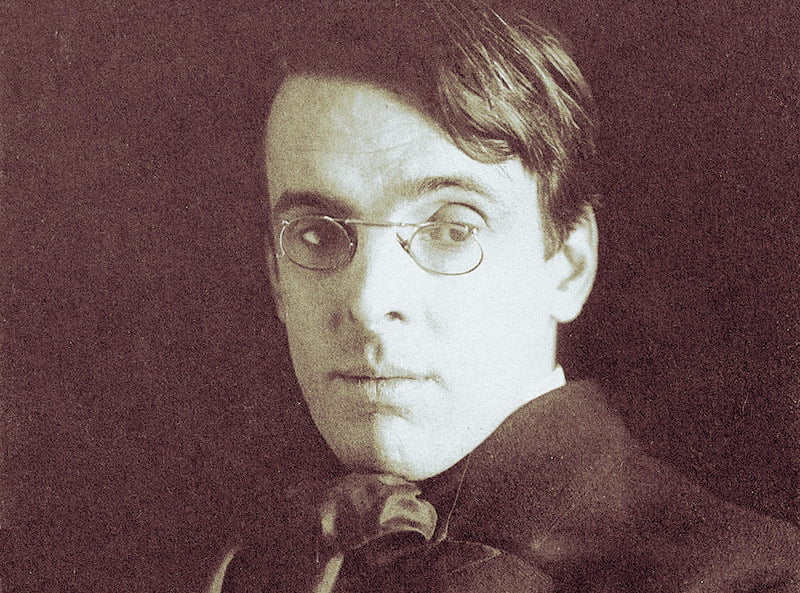IN AUTUMN OF 1916, Iseult Gonne sent a long letter to her friend and mentor, WB Yeats, in which she referred to his recent critique of  her writing: “I am most thankful to you for those criticisms you have made on my scribblings,” she wrote. “Yes, they are bad. I knew it all the while and I am glad of what you say about truth and beauty. I will try and put it into practice . . . but just now I am still too tired to work.”
her writing: “I am most thankful to you for those criticisms you have made on my scribblings,” she wrote. “Yes, they are bad. I knew it all the while and I am glad of what you say about truth and beauty. I will try and put it into practice . . . but just now I am still too tired to work.”
Too tired to work. When I first came upon those words, as part of research I was doing into Gonne’s life, I felt like weeping. Yes, the writing she was doing at the time could sometimes be

